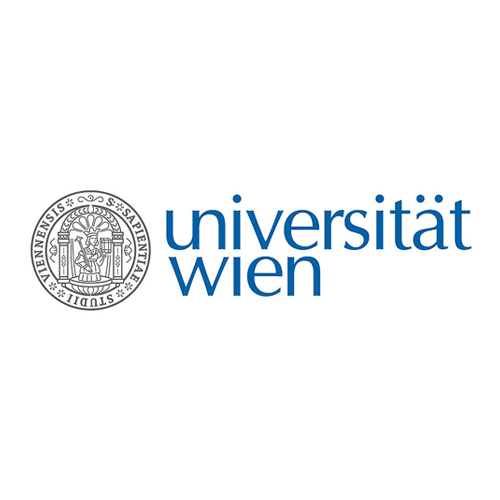University of Vienna | Vienna | Austria
The Research Platform on The Challenge of Urban Futures aims at unravelling the social, cultural, economic and politico-institutional mechanisms underlying urban change. In particular, it focuses on the convergences and divergences across European cities (and beyond) aiming at tracking the transformation of urban structures over the last four decades. Yuri Kazepov described how the platform works
Why is interdisciplinarity relevant to the platform?
Urban challenges ask us to start an interdisciplinary dialogue. Complexity is inherent in environmental issues implying challenges to be addressed on the labour market, in housing and other intersecting themes. In order to address these challenges, we need to enter in a disciplinary dialogue. So, the idea at the very basis of the platforms´ activities is to kick-off this dialog. By doing that, it aims also at connecting Vienna to the rest of the world, to do research on cities and to develop the basis for comparative work on specific issues. It’s a networking platform, identifying challenges, and seeking collaborations to address these challenges together. It offers Vienna as an interesting case to be compared with, activating the local research community, which has quite some research experience on the city for many different points of view.
How do you approach interdisciplinarity within the platform?
The starting point was related to the need of understanding each other starting from out disciplinary background and vocabularies. This is actually already quite a challenge. For instance, environmental studies distinguish between something which might be heavily polluting the air but might not be contributing to climate change and vice versa. And from the social sciences, we have difficulty in understanding that. We put everything in one “environmental studies” basket, while the “hard” scientists are very keen on having the elements very precisely distinguished. So, we started an epistemological dialogue. In practice, this means to organize a series of interdisciplinary summer schools, aiming at highlighting how the disciplinary dialog can enhance the understanding of urban phenomena. For instance we organized a Summer school on “Tracing and visualizing urban data production” which put together anthropologists, STS scholars, Urban studies scholars and Viz (Big data visualization) at the Faculty of Informatics. Methodologies to inquiry the world were here very relevant. Methods are in a dialogue with concepts, as concepts are translated into proper methodology to be investigated empirically.
How do you engage with non-academic partners?
We don’t believe that the knowledge is here at our place in the ivory tower of the university. We recently organized a conference, which was called “Vienna, still a just city?” And during that conference, there were, of course, scientific inputs provided. But we invited people from the city administration, from activist groups. We had one session on environment, and there were people from environmental groups, agenda 21, and other actors which play a very relevant role in the territory. We invited people from non-profit organizations, and also from government. So we opened up this dialogue quite substantially with the people working in specific fields. And it was interesting to see how the views were partly complementary, partly very different. In any case, all were seeking a dialogue, they were trying to confirm each other by saying, ‘okay, what you’re telling us is challenging my understanding of what I’m doing’, let´s do a step further together.

